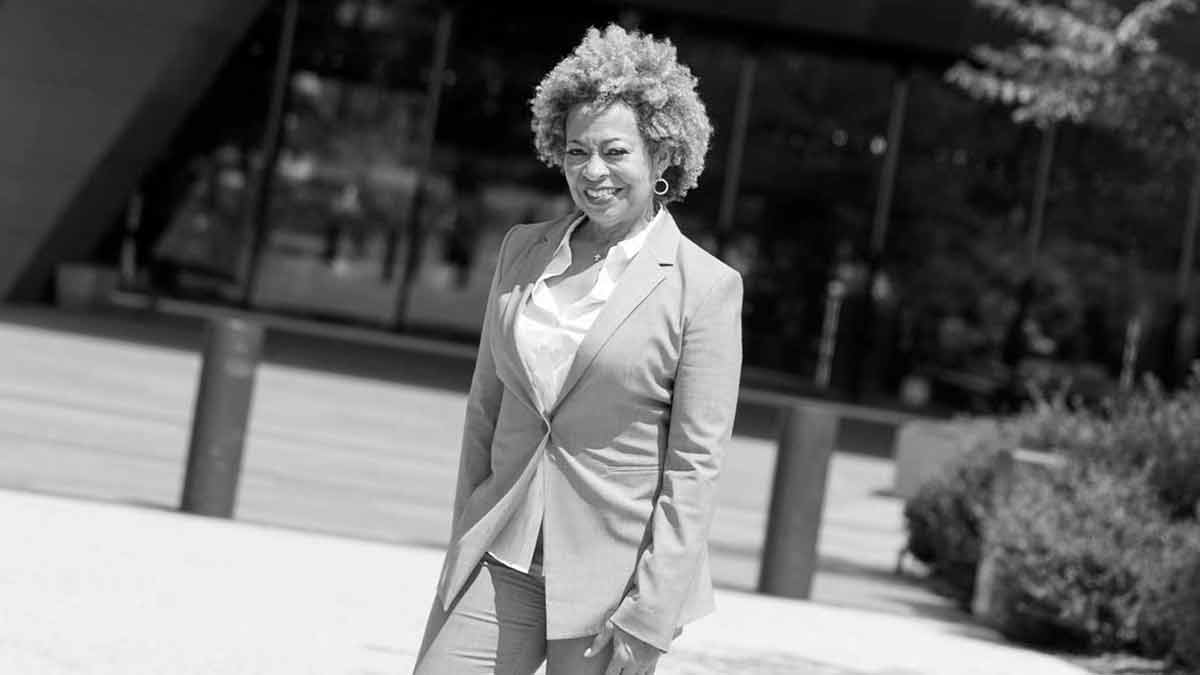Deryl McKissack, founder and CEO of the construction company McKissack & McKissack, spoke to CNBC’s “Make It” about the beginnings of her business. As the 64-year-old explained, the beginnings of this company, which she created with just $1,000 of her savings in 1990, were quite complicated. The reason? She hired the wrong employees. So she learned to spot the toxic traits of workers and today she shows us the warning signs to pay close attention to.
The woman stresses that finding the right talent was key to growing her company. Today, thanks to its good workforce, it generates revenues of $25 million a year, according to the document reviewed by CNBC Make It.
People who lack identity
“Every boss should be able to trust his or her employees,” McKissack says. People who lack integrity are a real problem, especially bosses who don’t recognize the merit of their teams. It also raises alarm bells when someone says ‘I did this’ all the time and doesn’t recognize the work of their team.
But the founder of this construction company is not alone in believing that lack of integrity is a clear toxic trait. Heidi K. Gardner, a professional leadership consultant and distinguished fellow at Harvard Law School, also criticizes those who pass off the work of others as their own. “It’s unethical and gives the impression that you don’t respect your colleagues,” she said in an interview with Make It.
Heidi believes that not being able to see the value that others bring to your own success is a big toxic trait. “That inability to appreciate the contributions of others is a big red flag for me…… It’s anti-collaborative,” he said.
These are people who are hard to be around
Almost every team, regardless of industry, needs a collaborative environment. That’s difficult when your colleagues don’t like to be around you or vice versa.” Likewise, McKissack says she has to like her employees‘ personalities because, if she doesn’t like being around them, customers probably don’t either. “If I don’t want to be in their presence, usually no one does,” she said, calling it one of the top toxic traits of workers.
Along these lines, Steve Adcock, a millionaire and entrepreneur, argues that having a warm and welcoming personality at work can get you further in your career. For him, this trait is far more important than your skills and credentials. “Your personality will make you ten times richer than your intelligence,” he said in a conversation with CNBC.
The billionaire highlights this trait because he experienced it firsthand throughout his working life. “I worked with a lot of smart people, no doubt. But the smartest people in the office weren’t necessarily the ones who got raises and promotions,” he clarified.
Employees who don’t measure up to what their company demands
McKissack has a three-word mantra for his company: “Humble, hungry, smart.” He says he learned it from the book The Ideal Team Player, by author and business expert Patric Lencioni. Thus, he considers these qualities as the fundamental pillars of his company, as he sets aside the main toxic traits of workers.
All of this he highlights on his LinkedIn profile. “We have an insatiable appetite for success. Humility drives us to make decisions for the collective benefit and we value emotional intelligence because we know that it is what builds solid relationships,” explained the founder of this multi-billion dollar company.
In that vein, he stressed that expecting his employees to embody those three qualities (humility, hunger and intelligence) was what drove the company. Having a workforce dedicated to the same mission makes all the difference. However, everything changes when toxic traits are registered, where workers are only looking for their own benefit.






